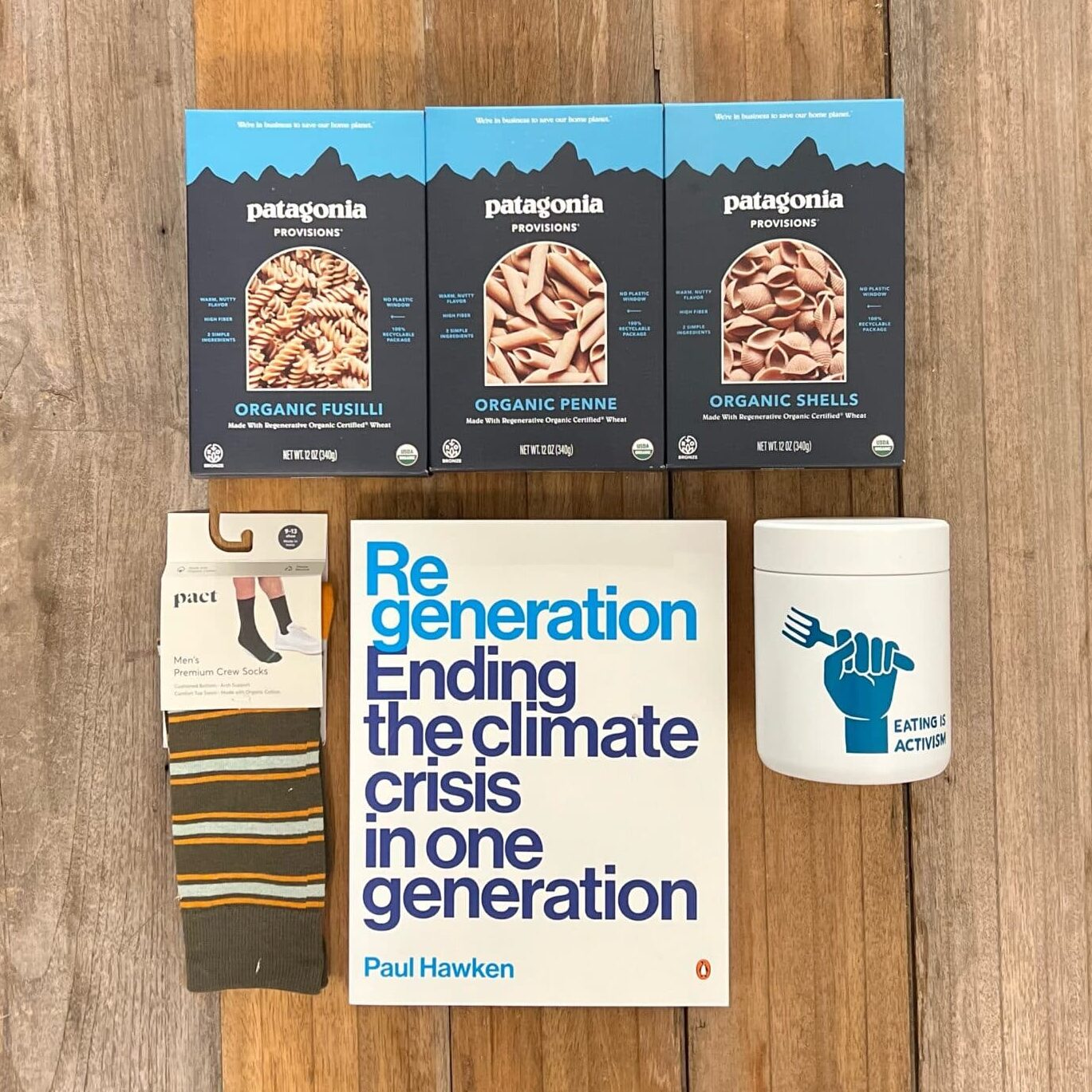Footprint
Do you know your impact on the planet?
Introduction
How can we live in true harmony with the environment, rather than simply coexisting with it? This question lies at the heart of today’s exploration. Recognizing the impact of our actions on the world is essential, and it’s important to approach this with compassion for ourselves and others. While personal awareness is crucial, achieving meaningful, large-scale eco-social change requires systemic transformation.
Climate education empowers us to make informed choices. A key component of this education is understanding our ecological and carbon footprints.

Measuring Our Impact: Ecological and Carbon Footprints
In the early 1990s, Mathis Wackernagel and William Rees introduced the concept of the “ecological footprint” as a way to measure the impact of human activities on the planet’s ecosystems. By understanding our ecological footprint, we can make more sustainable choices and avoid ecological overshoot — when our resource consumption exceeds the Earth’s capacity to regenerate.
Conversely, the term “carbon footprint” refers to the greenhouse gases generated by individual activities, including energy use, transportation, and waste production. However, when British Petroleum (BP) introduced this concept in the 2000s, it aimed to shift the focus and responsibility for environmental impact from corporations to individuals. While individual actions are important, it is essential to recognize this shift and ensure that we also pursue systemic solutions that hold corporations and governments accountable.
The Hidden Cost of Technology
As technology becomes more central to our lives, we often overlook its carbon impact. For instance, AI alone is estimated to generate about 8.4 tons of CO2 annually. Beyond energy use, AI also poses risks by spreading misinformation about climate change, complicating efforts to address environmental issues.
This is why your participation in Project Green Challenge is vital — by learning about environmental issues and sharing your knowledge, you help counter these challenges and drive positive change!
Reflect on Your Footprint
Reducing your footprint is important, but be kind with yourself in the process. Reflect on what your footprint reveals and consider sustainable choices you can start making today.
You might start by cutting back on electricity and technology use or choosing eco-friendly alternatives for your everyday products. We’re excited to introduce our partner, Patagonia Provisions, who is leading the way in reducing ecological impact. They’re committed to sustainability by ethically sourcing ingredients, supporting regenerative farming practices, and opting for sustainable packaging. Their approach stands in stark contrast to the harmful practices of Big Ag. Patagonia Provisions is actively part of the solution. Remember, your purchasing choices send a powerful message to businesses about your support for a healthier planet!
Another of our partners, Project Regeneration, is working help bring an end to the climate crisis in one generation. With a growing set of interlocking initiatives, they will inspire, guide, and nurture sustained climate action from global citizens and organizations to bring about lasting climate relief and reducing ecological impact.
You have more power than you realize. By aligning your actions with your values, you can prompt positive change. Your footprint is personal, shaped by your unique circumstances. To better understand your impact, try the footprint calculator from today’s nonprofit partner, Global Footprint Network.
EXPAND YOUR KNOWLEDGE
Resources Are Power in Your Hands
You have more power than you realize! By aligning your actions with your values, you can inspire positive change. As you continue this journey, reflect on the power of your daily choices. Use these resources to understand and reduce your ecological and carbon footprints.
CHALLENGE
At first glance, the changes we make in our daily habits may seem insignificant in a world of nearly 8 billion people, However, every choice contributes to the well-being of people, species, and our planet. Imagine a world where everyone used fewer resources and insisted on ethical production — what kind of world could we create together?
Each year, Global Footprint Network calculates Earth Overshoot Day — the date when human demand for resources exceeds what Earth can regenerate that year. In 2024, Earth Overshoot Day fell on August 1. Reflect on how your behavior contributes to this global challenge.
While individual actions matter, they are just one part of the solution. Currently, 20% of the world’s population consumes 80% of global resources. To address this imbalance, leaders must enforce policies focused on equity and sustainability.
For the remainder of Project Green Challenge, expand your perspective by discovering 10 timely articles from 10 different news sources, each aligned with the daily climate theme.
For each article:
Your articles must correspond with the theme of each day’s challenge, with one article per day across 10 separate days. Track your articles and reflections in one document to submit at the end of the challenge.
This is your chance to explore new voices and ideas in the climate movement and fuel your passion for action!
PRIZES
Up to 10 Greener and 10 Greenest outstanding submissions will be selected as winners.

Each Greener Winner will receive:

Each Greenest Winner will receive: